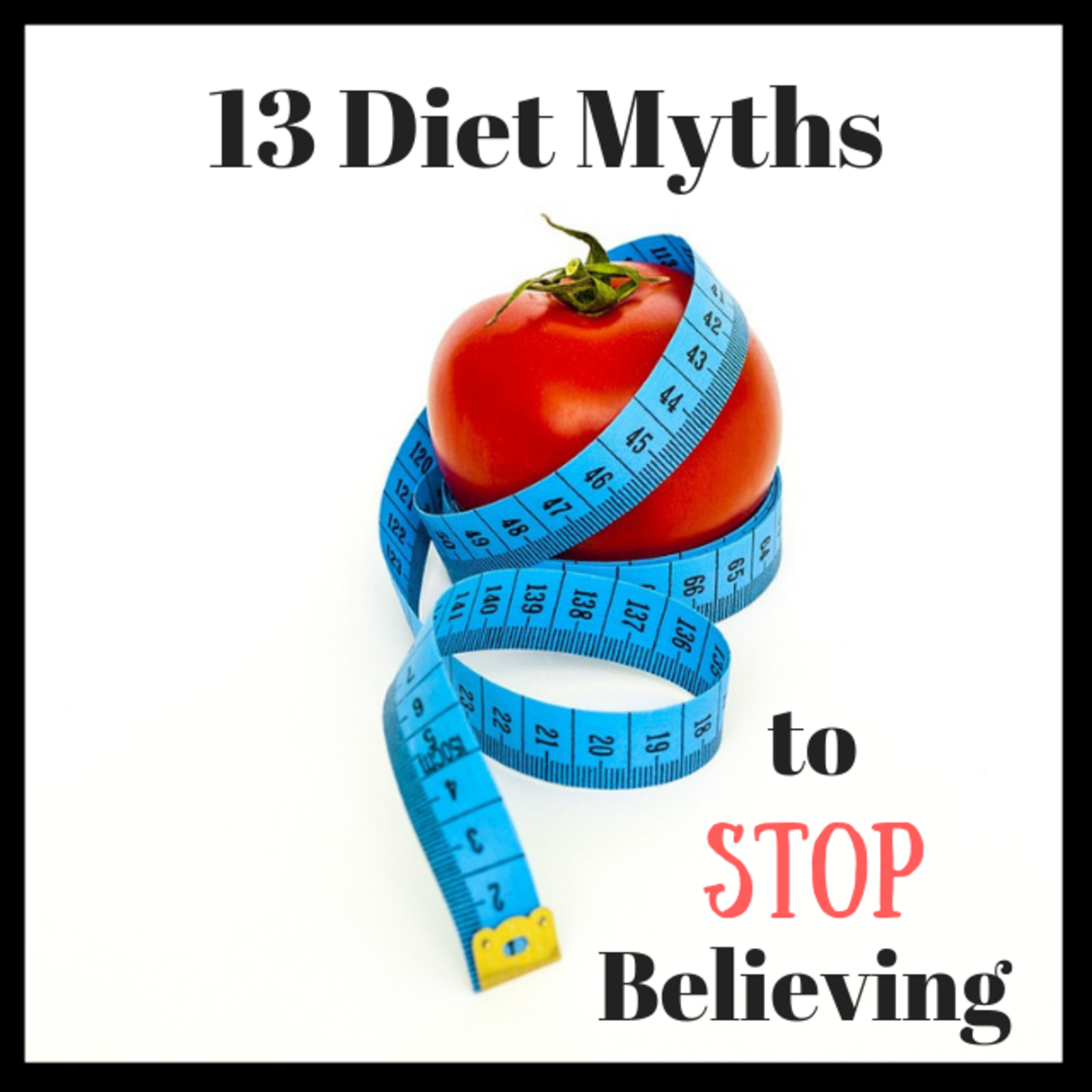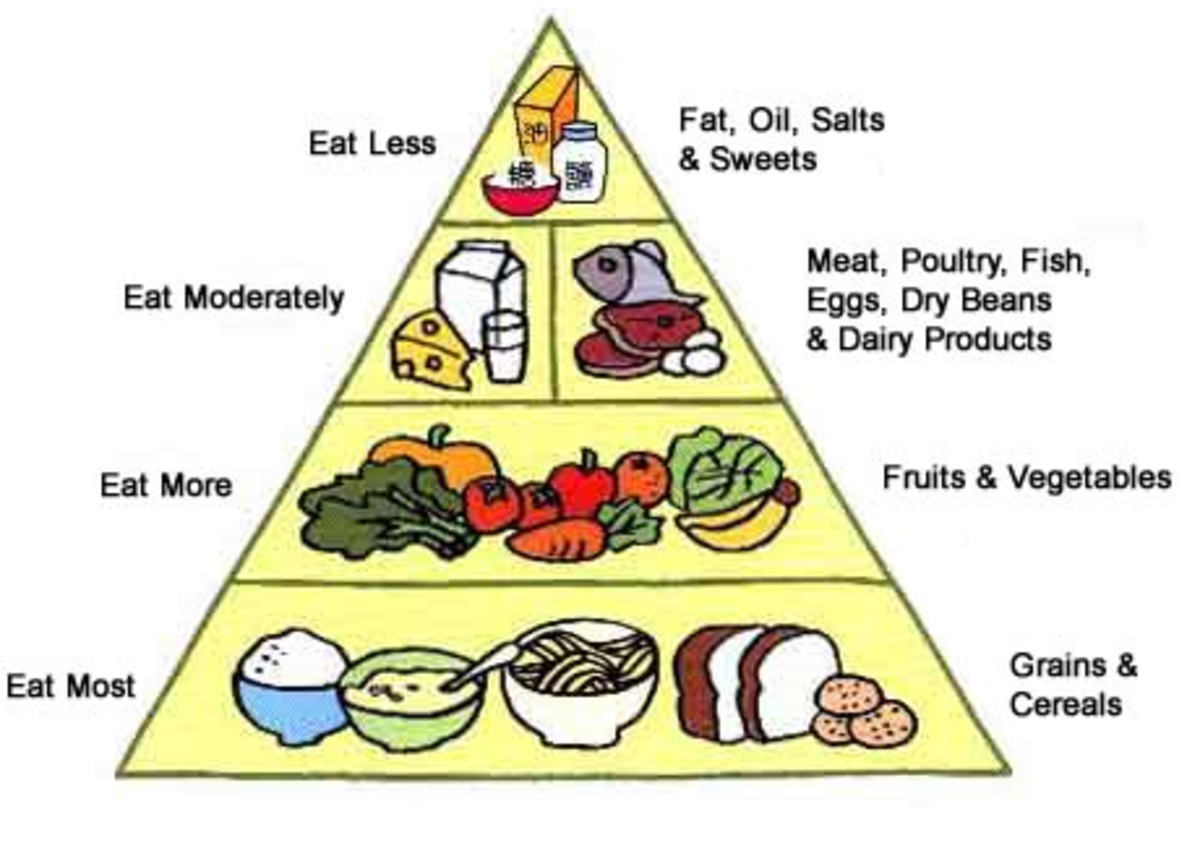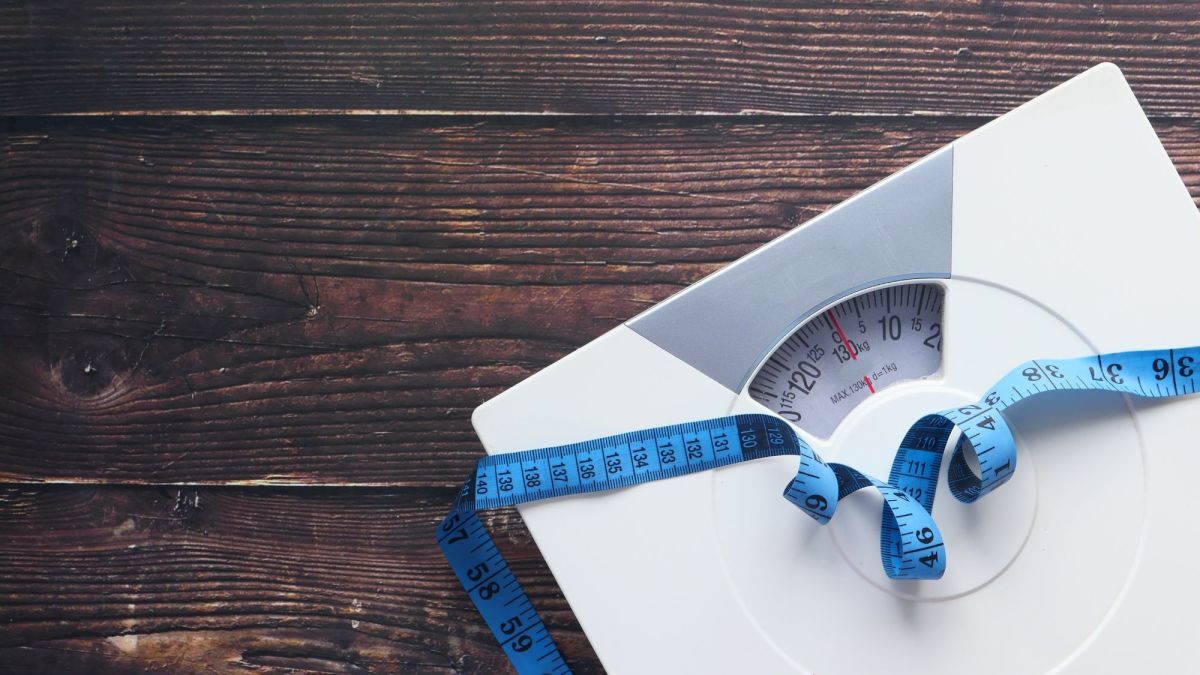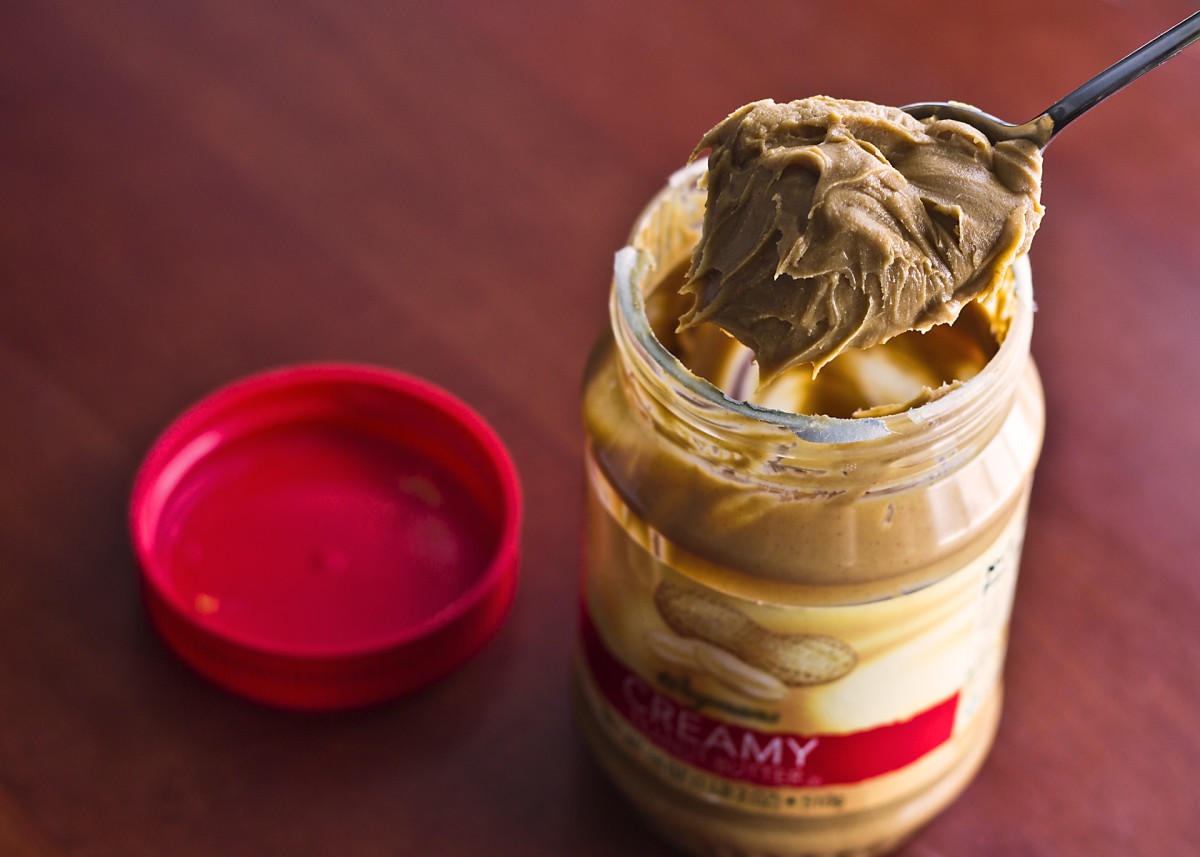Low Carbohydrate? Low Fat? Low Sugar? Which Diet is Best For Weight Loss?
Introduction
If you're aiming to lose weight, you first need to choose the right diet plan. With so many different dietary options now recommended, it can be difficult to find the right choice. The main options are:
-
Low fat
-
Low carbohydrate
-
Low sugar
In this article, we’re going to explore these possibilities and determine which is the right choice.
Low Carbohydrate Diets
For the benefit of this article i am going to be using the term 'low carb' for short instead of low carbohydrate. Various studies have explored the impact of reducing carbs from your diet on weight. For instance, one study explored the impact on 148 medically obese adults. After one year, the low-group were successful, losing 5.4 kg. There were other benefits too including healthier cholesterol levels and a significant reduction in levels of body fat.
The low carb group actually replaced the calories from processed foods with healthier alternatives like fish, nuts as well as cheese and red meat. A meta-analysis of multiple studies has also shown similar results. The study suggested that people analysed collectively lost 8.6Kg on a low carb diet.
Low carb diets have also been shown in research to reduce the chances of developing a variety of different diseases. This includes metabolic syndrome, cardiovascular disease, and high blood pressure. The diet is also likely going to offer temporary benefits to blood sugar levels as well as cholesterol in the blood. It has also been suggested that this type of diet can help improve the chances of keeping the heart-healthy.
Low Fat Diets
In contrast, the same study as above revealed that the low-fat group lost 1.8kg in total. Furthermore, the meta-analysis revealed that the total average lost was 7.7 kg. This is significantly less than the low carb diet.
That said, low-fat diets do have similar health benefits to low carb options. For instance, some research suggests that it can lower cholesterol by as much as twenty percent. This is largely due to the reduction in saturated fat which has been shown to raise LDL cholesterol. Typically, the Institute of Medicine recommends that people consume less than 35% of their calories from fat.
For a simple guidelines to fats, there are 4 different types of fats that you can consume. These are saturated, monounsaturated, polyunsaturated and trans fats. Out of these 4 the saturated fat has been given a bad reputation for years however recent studies has proven that saturated fats are actually essential to a balanced, healthy diet. To keep it easy to understand out of all the 4 fats the trans is by far the worst. These trans fats should always be kept down to a minimum whilst the other types of fat can be taking in accordance with your daily guideline amounts.
Low Sugar Diets
If you stop eating sugar or at least reduce your sugar intake, you are going to see substantial changes to your body. At first, it can be a rough process because sugar provides feel-good hormones such as serotonin and dopamine. Don’t be surprised if you experience a few mood swings and potentially even headaches. The good news is that sugar causes inflammation so you will almost immediately notice your skin start to clear.
In terms of weight loss, it’s likely that you will see changes to your weight when you cut back on sugar. Storage of fat is going to decline slowly and however, this will take time. It will usually be one or two weeks before you see significant results here.
You also need to make sure that you are taking additional steps including eating extra protein as well as increasing exercise. Weight training and cardio can both help the weight loss process.
So why will you lose weight when you stop consuming sugar? Well, sugar adds about 680 calories to the average diet and every 3,500 calories give you one extra pound. Sugar also provides no dietary benefits so can be replaced with healthier options.

Conclusion
Due to the study comparing low carbs and low fat, we can rule out low-fat diets as the best options. Specifically, when considering the best ways to lose weight. But what about low sugar?
Generally speaking, experts will recommend that low added sugar is more beneficial to you. The issue with the low-carb diet is that you will be cutting out a lot of complex carbs as well. Your body needs these to function. While you might lose weight, you could notice changes to cognitive ability.
Ideally, you want to make sure that you are consuming about 130 grams of carbs each day. This can be an issue on a low carb plan because there tend to be upper limits.
Low sugar diets are the best choice as long as you make sure that you are focusing on reducing low added sugar. Indeed, one study found that adults who consumed the highest levels of sugar were 54% more likely to be overweight. It has also been connected to long term conditions that are associated with obesity and it’s the reason why the U.S. Dietary Guidelines Advisory Committee has placed sugar consumption as a major health concern. It is recommended that you only get 10% of calories from sugar.
We hope this helps you see that a low sugar diet could be the right choice for you.
© 2019 Ben Smith








